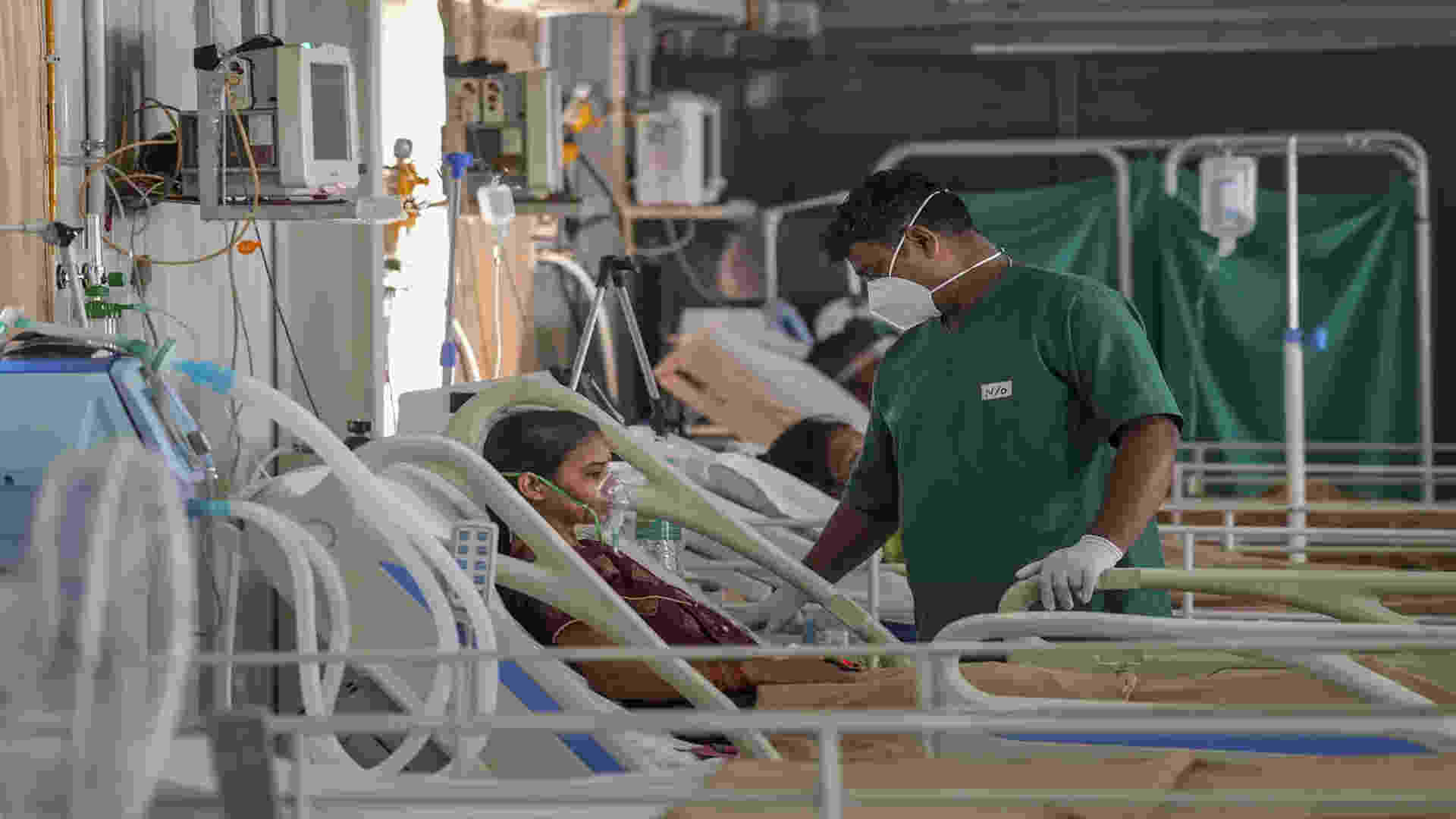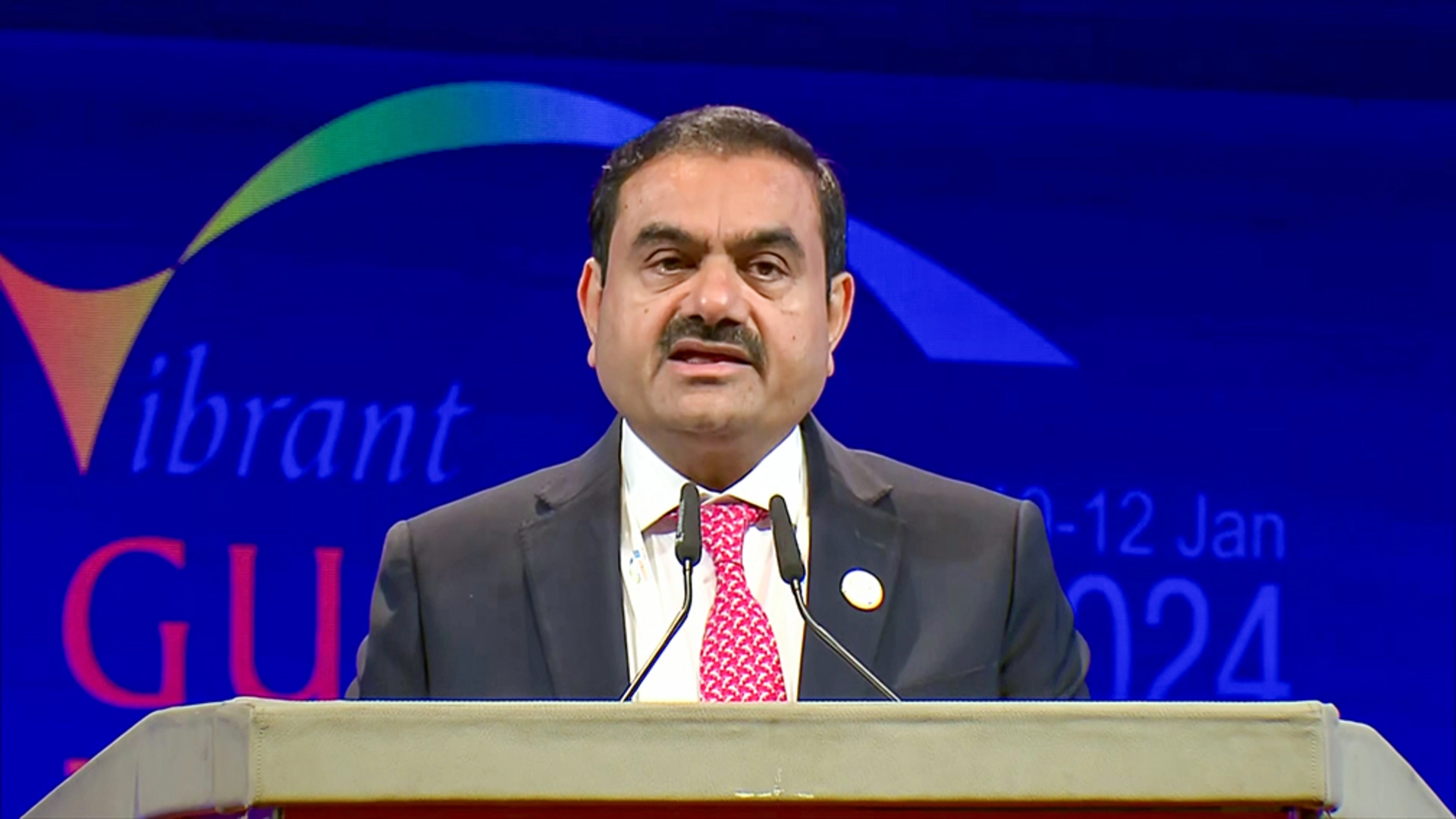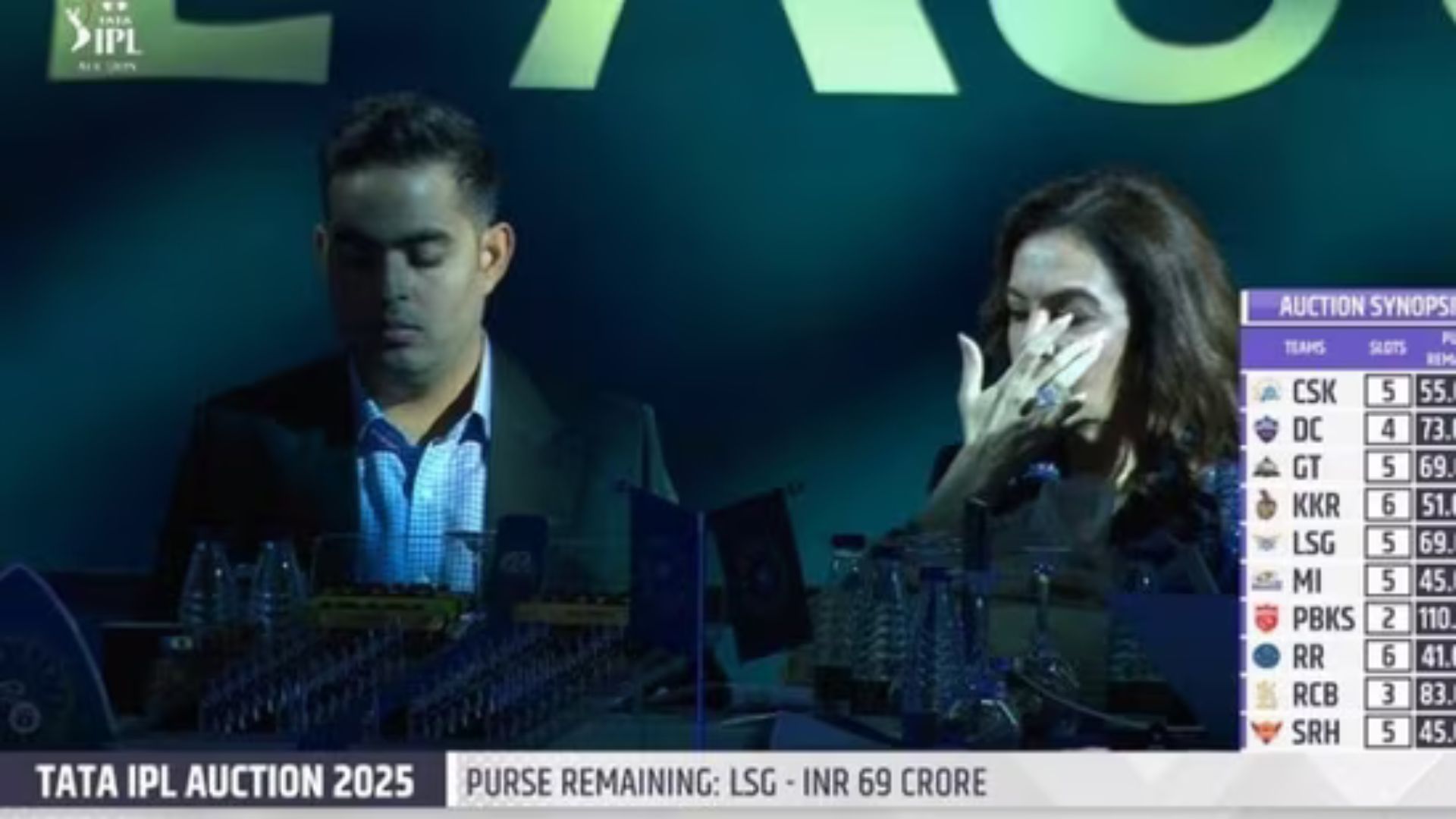
The Supreme Court is set to hear submissions from states and Union Territories on Monday regarding comprehensive guidelines for managing intensive care units (ICUs) and critical care units (CCUs) across India. This follows the Union government’s issuance of these guidelines in September 2023. So far, only eight states and UTs, including Andhra Pradesh, Meghalaya, and Punjab, have adopted the guidelines, which address standards for ICU treatment, specialist qualifications, and criteria for patient admission and discharge. A Supreme Court bench led by Justice Sudhanshu Dhulia requested in September that remaining states and UTs submit their positions by November 4 on adopting or amending these guidelines.
The guidelines, informed by a committee set up by the Union government, also cover standards for admission to palliative care and criteria for discontinuing treatment for patients unlikely to recover. Specialist qualifications for ICU management include advanced training in internal medicine, anesthesia, pulmonary medicine, or surgery, with an additional year of intensive care training abroad. However, some states have raised concerns about this overseas experience requirement, suggesting that experience in Indian ICUs should also be acceptable.
The case originated from a 2015 petition by Asit Baran Mondal, who sought compensation for the alleged medical negligence that led to his wife’s death in a Kolkata hospital. In 2016, the Supreme Court noted that numerous private hospitals were involved in cases of medical negligence, and a regulatory framework was lacking for ICU and CCU patient care. Amicus curiae Karan Bharihoke, assisting the court, highlighted that seven states, including Himachal Pradesh and Telangana, have requested modifications to the guidelines, while West Bengal follows its own standards. He argued this indicates the need for a broad-based discussion to develop uniform regulations for hospitals nationwide.













